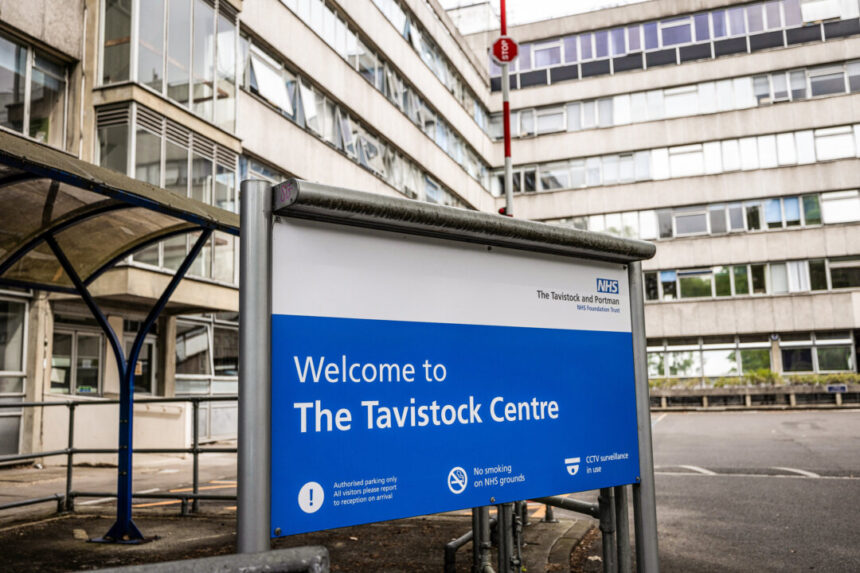Cass Review highlights the shortcomings in the treatment of children with gender confusion, emphasizing the need for more holistic care and trained professionals. The review criticizes the current approach of putting children on inappropriate paths towards drugs and surgery, calling for a more comprehensive method of treatment.
Dr. Hilary Cass’s landmark review made 32 recommendations, citing the weak evidence for so-called “gender care” that includes affirming a child’s chosen gender and allowing puberty blockers. The review was commissioned by NHS England and NHS Improvement in response to a significant increase in children seeking help for gender-related issues. The report emphasizes the lack of evidence on the long-term outcomes of interventions for gender-related distress.
The recommendations, while significant, do not go far enough for some campaigners who are concerned about transgender ideology being pushed onto children. The report stresses the need for more research into the effects of treatment for gender confusion and calls for caution when prescribing hormones to young people.
Dr. Cass’s investigation heard from parents who felt pressured to affirm their child’s gender identity, highlighting the need for personalized and holistic care. The report calls for individualized care plans that include screening for other conditions like autism and mental health issues. It also emphasizes the importance of addressing abuse or serious problems at home that may contribute to a child’s belief that they are transgender.
In light of the Tavistock clinic scandal, the review calls for all facilities offering gender care to operate to the same standards as other services for children and young people. It recommends separate pathways of care for pre-pubescent children and a continuity of care for young adults.
Overall, the Cass Review underscores the importance of a more thoughtful and comprehensive approach to the care of children with gender confusion, advocating for the well-being and safety of these vulnerable individuals. Cass’s research revealed that individuals who had the opportunity to change their names and pronouns at a younger age or before seeking medical help were more inclined to pursue a medical pathway. However, there was no definitive proof that this transition had any significant impact on mental health outcomes, particularly during adolescence.
The report emphasized the importance of allowing partial transitions to provide flexibility, with trained clinical staff guiding individuals on the risks and benefits of social transitioning based on the best available evidence. Parents were cautioned against influencing their child’s gender expression unconsciously.
Cass also highlighted the shortage of skilled professionals equipped to support gender-questioning young people, attributing this to the lack of consistent professional guidance, support, and the long-term implications of incorrect treatment decisions. She stressed the need for a diverse team of specialists, including pediatricians, psychiatrists, clinical nurse specialists, social workers, and others, to cater to individuals on medical pathways or those who could benefit from psycho-social therapy.
Moreover, the report recommended the provision of a separate service for individuals seeking to detransition, as well as better services for those living with irreversible effects of transition. It also addressed concerns about accessing puberty blockers through private providers and advised against shared care arrangements between GPs and private providers.
The closure of the GIDS at the Tavistock and Portman NHS Foundation Trust was mentioned, along with the launch of new regional hubs to improve service delivery. The Royal College of Paediatrics and Child Health and the Royal College of Psychiatrists expressed their support for enhancing gender identity services to address the holistic health needs of gender-questioning children and young people.
NHS England acknowledged the importance of Dr. Cass’s work and highlighted the progress made in establishing a revamped gender service for children and young people. Plans for implementing the report’s recommendations, along with a systemic review of adult gender services, were outlined to ensure comprehensive and timely care for individuals seeking gender-affirming treatment. Please rephrase this sentence.
Source link





